Clean Arctic Alliance Statement on US Extension to Continental Shelf
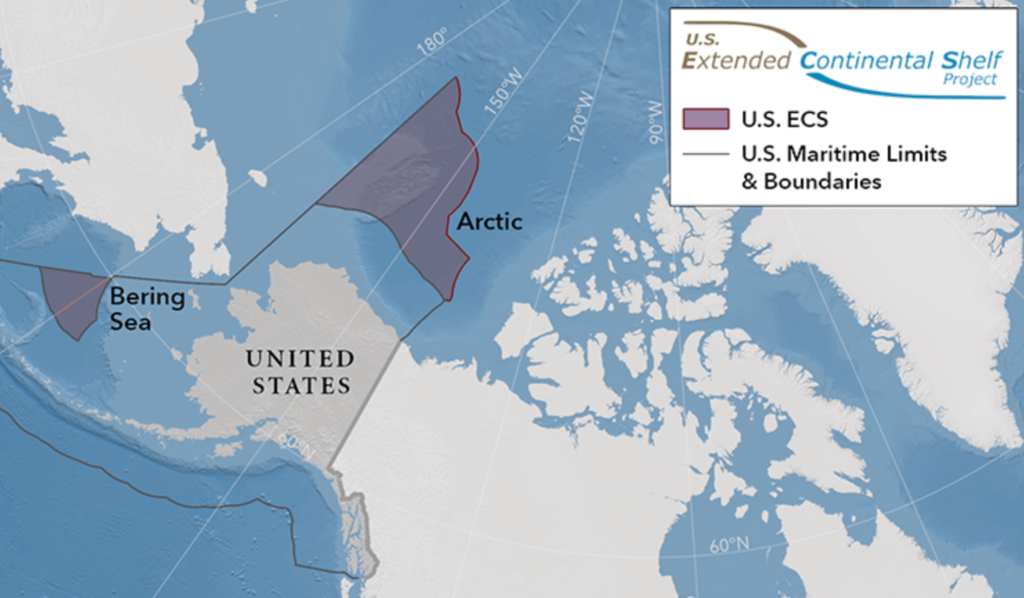
The Clean Arctic Alliance encourages all Arctic nations to work collaboratively to protect the Arctic from the impacts of heavy fuel oil and black carbon emissions regardless of Extended Continental Shelf delineations.
Clean Arctic Alliance Position: Deep Sea Mining
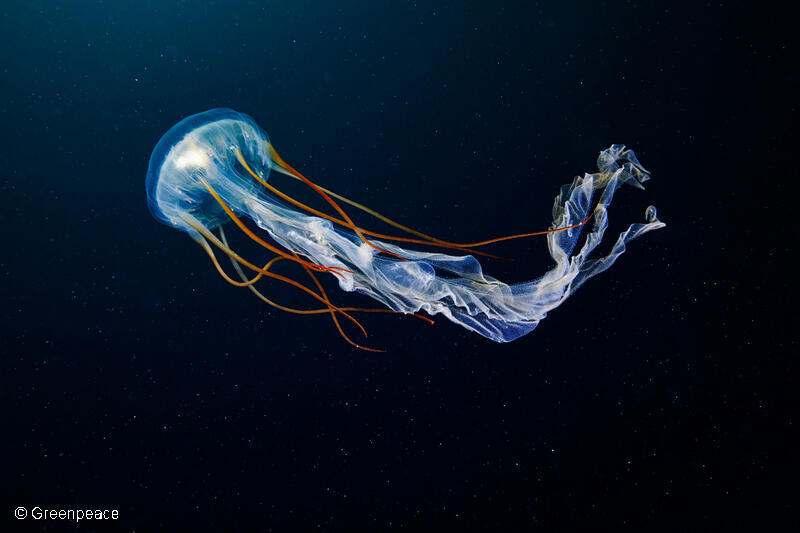
The Clean Arctic Alliance supports a global moratorium on all deep seabed mining activities.
Shipping Green Corridors – a comprehensive new vision which includes people, nature, and climate
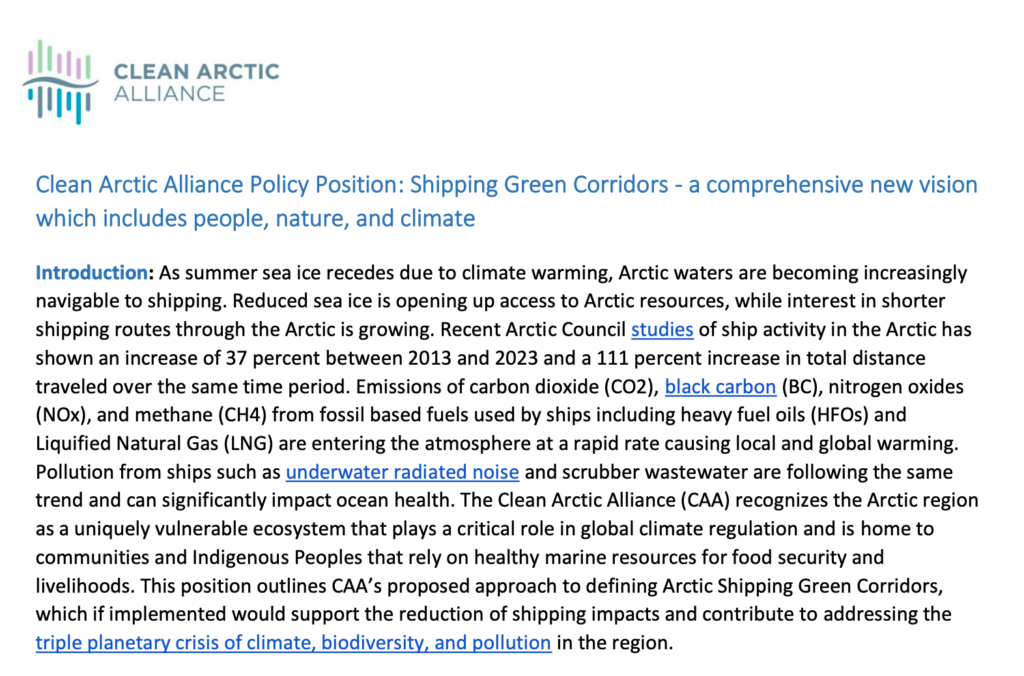
This position outlines CAA’s proposed approach to defining Arctic Shipping Green Corridors, which if implemented would support the reduction of shipping impacts and contribute to addressing the triple planetary crisis of climate, biodiversity, and pollution in the region.
Clean Arctic Alliance Briefing Note – 2025 UN Ocean Conference Prep Meeting July 2, 2024
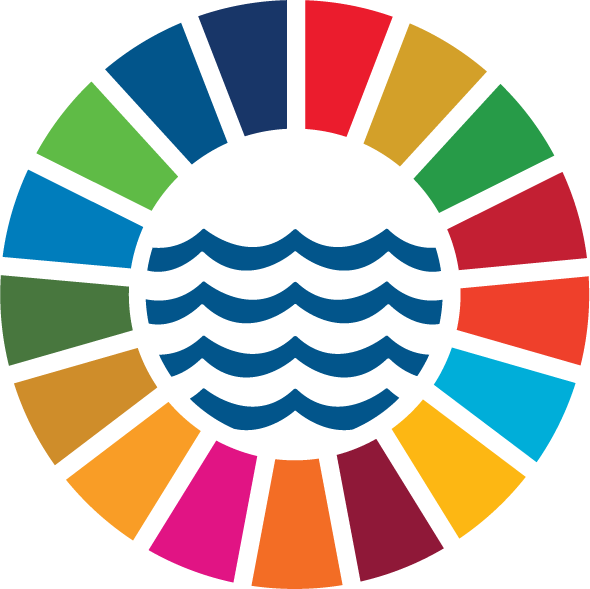
Addressing the risks and challenges posed by shipping in the Arctic is imperative for the Arctic, biodiversity and global ocean health. The Clean Arctic Alliance urges the UN Ocean Conference to prioritize these issues and support international efforts for a cleaner, healthier Arctic and to prioritise the connections between Arctic shipping and ocean health to be included in the proposed Ocean Action Panels.
Arctic Heavy Fuel Oil Ban Arctic States Must Drop Climate-Warming Loopholes
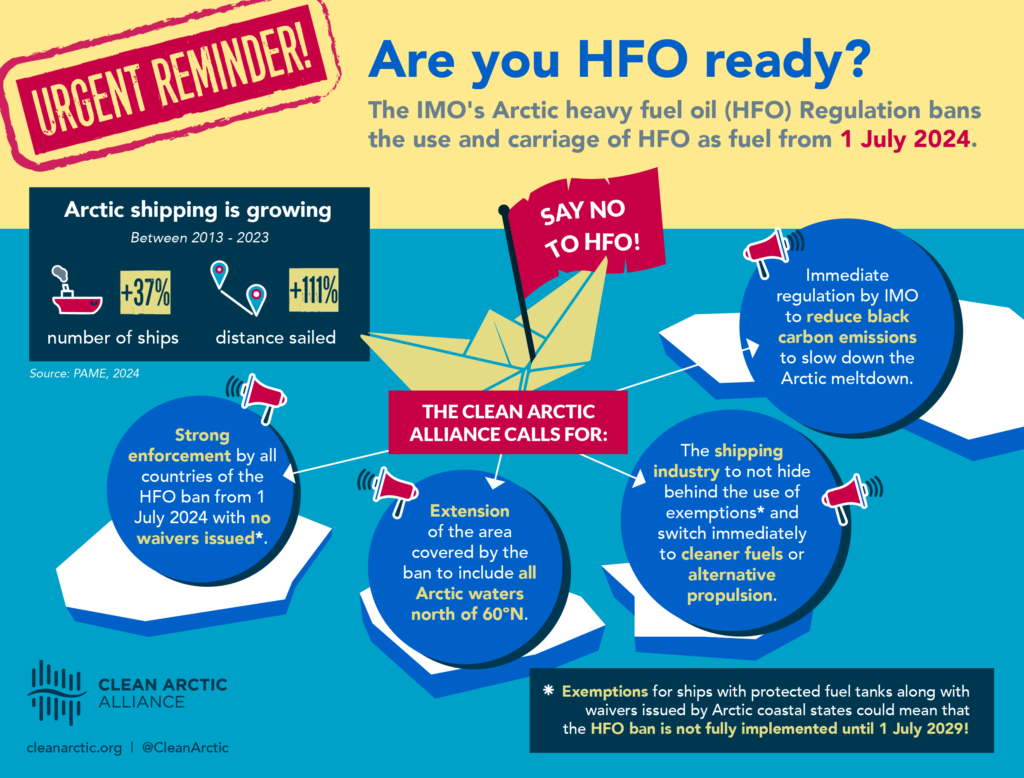
As an International Maritime Organization (IMO) ban on the use and carriage heavy fuel oil (HFO) by Arctic shipping comes into force today, the Clean Arctic Alliance calls on IMO member states, particularly Arctic coastal countries, to implement the Arctic HFO ban and enforce it fully with immediate effect – without resorting to loopholes.
Arctic Heavy Fuel Oil Ban Media Coverage, June/July 2024
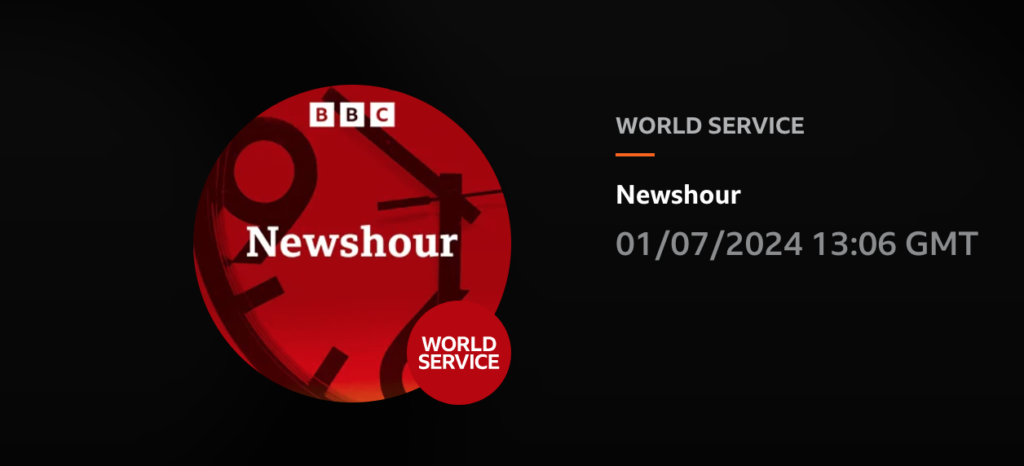
Collection of news coverage of the July 1st 2024 Arctic heavy fuel oil ban, featuring the Clean Arctic Alliance.
Everything You Need to Know About the July 1st Heavy Fuel Oil Ban

On July 1st 2024, an International Maritime Organization (IMO) ban on the use and carriage of heavy fuel oil (HFO) by Arctic shipping will come into force. This web page brings together recent briefings, webinars, infographics, press releases and other articles regarding the ban, its strengths and weaknesses, and how it provides opportunities for Arctic countries and the shipping industry to ensure heavy fuel oil is no longer a part of Arctic shipping.
Why the Shipping Industry Must Seize Opportunity Posed by Arctic Heavy Fuel Oil Ban
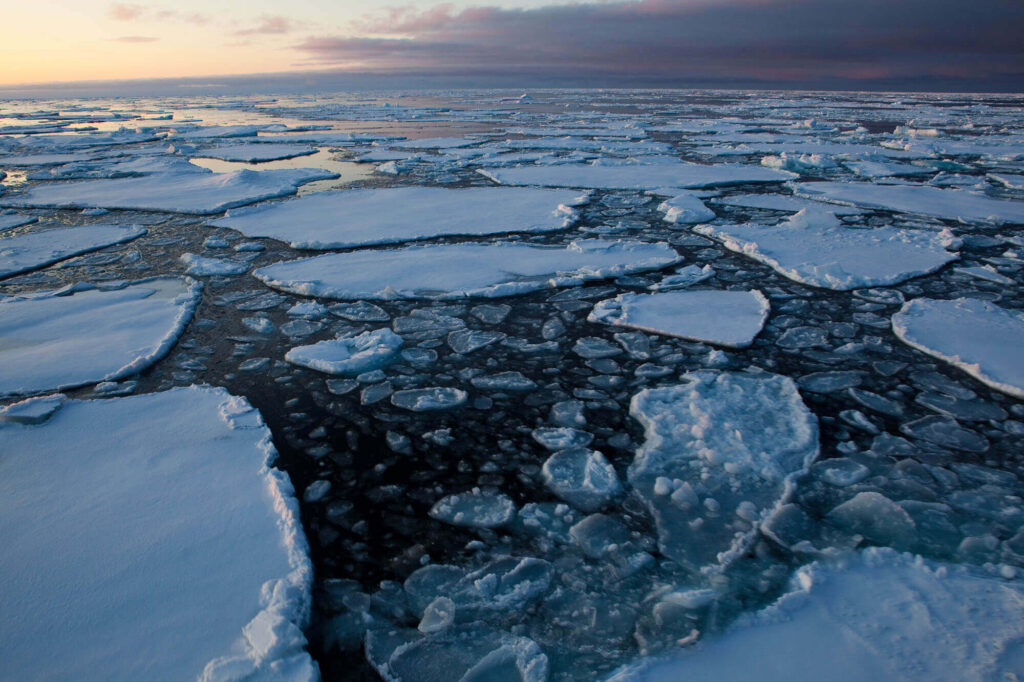
On July 1st, an International Maritime Organization (IMO) ban on the use and carriage of heavy fuel oil (HFO) by Arctic shipping will come into force. At first glance, this looks like great news indeed for the Arctic environment, and the people and wildlife who depend upon it.
Letter to IMO Secretary General: The July 1st Heavy Fuel Oil Ban
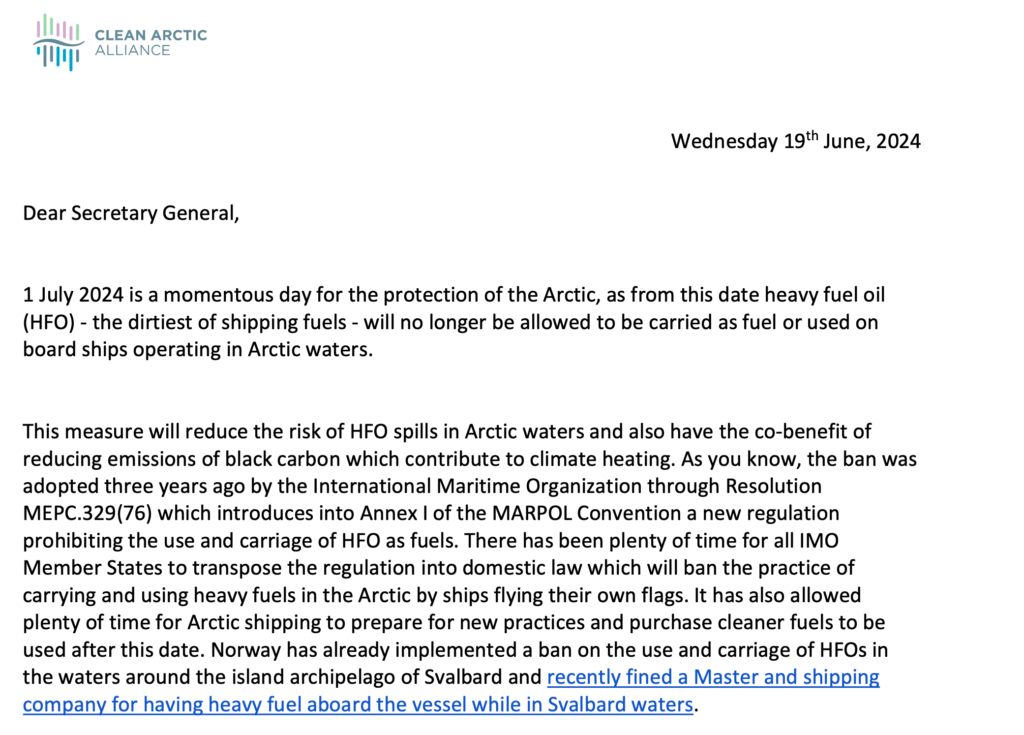
1 July 2024 is a momentous day for the protection of the Arctic, as from this date heavy fuel oil (HFO) – the dirtiest of shipping fuels – will no longer be allowed to be carried as fuel or used on board ships operating in Arctic waters.
NGOs call on Arctic States to Drop Climate-Warming Loopholes Ahead of Arctic Heavy Fuel Oil Ban

Ahead of the July 1st coming into force of an International Maritime Organization (IMO) ban on the use and carriage heavy fuel oil (HFO) by Arctic shipping, the Clean Arctic Alliance today called on IMO member states, particularly Arctic coastal countries, to implement the Arctic HFO ban and enforce it fully with immediate effect – without resorting to loopholes.

